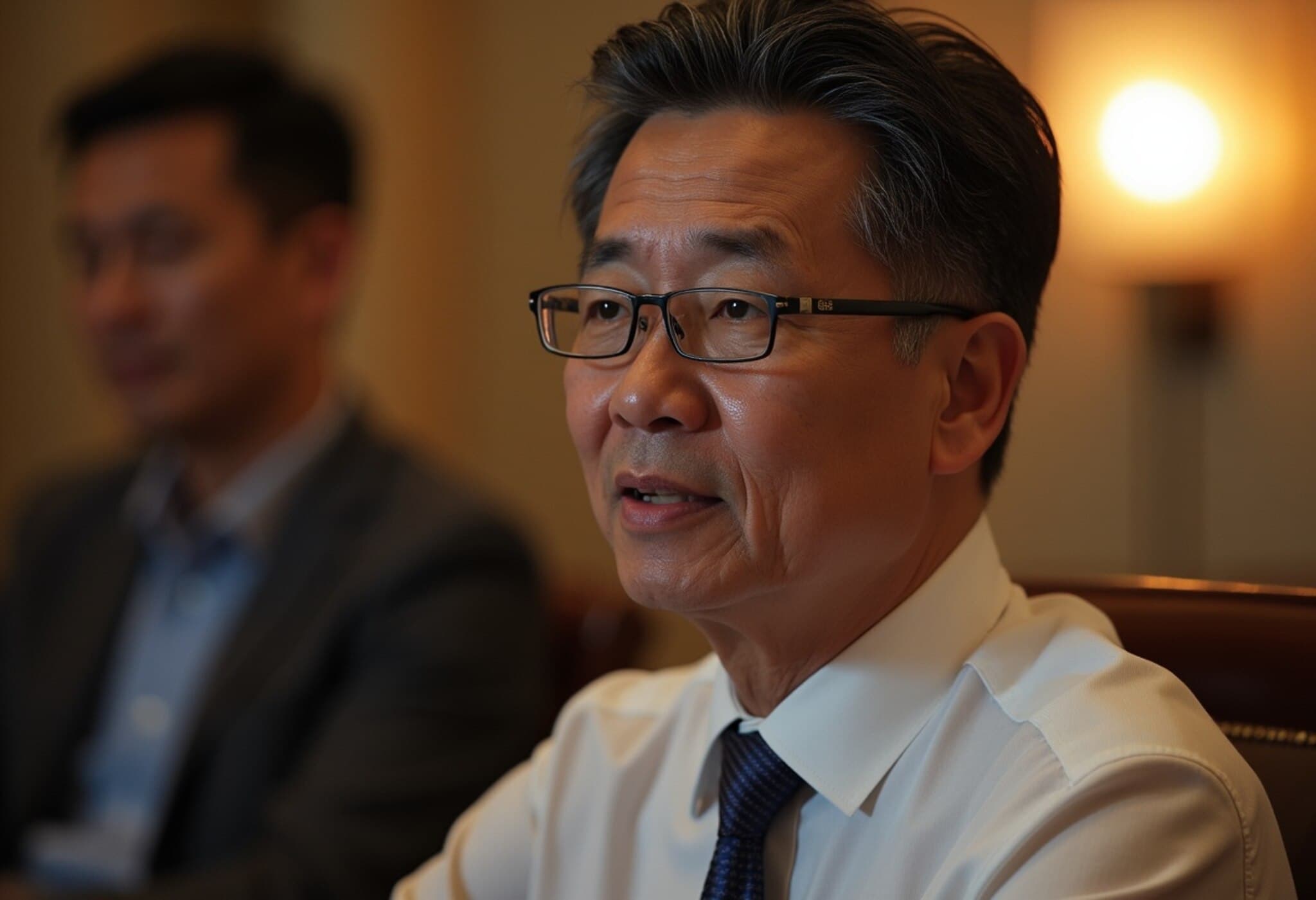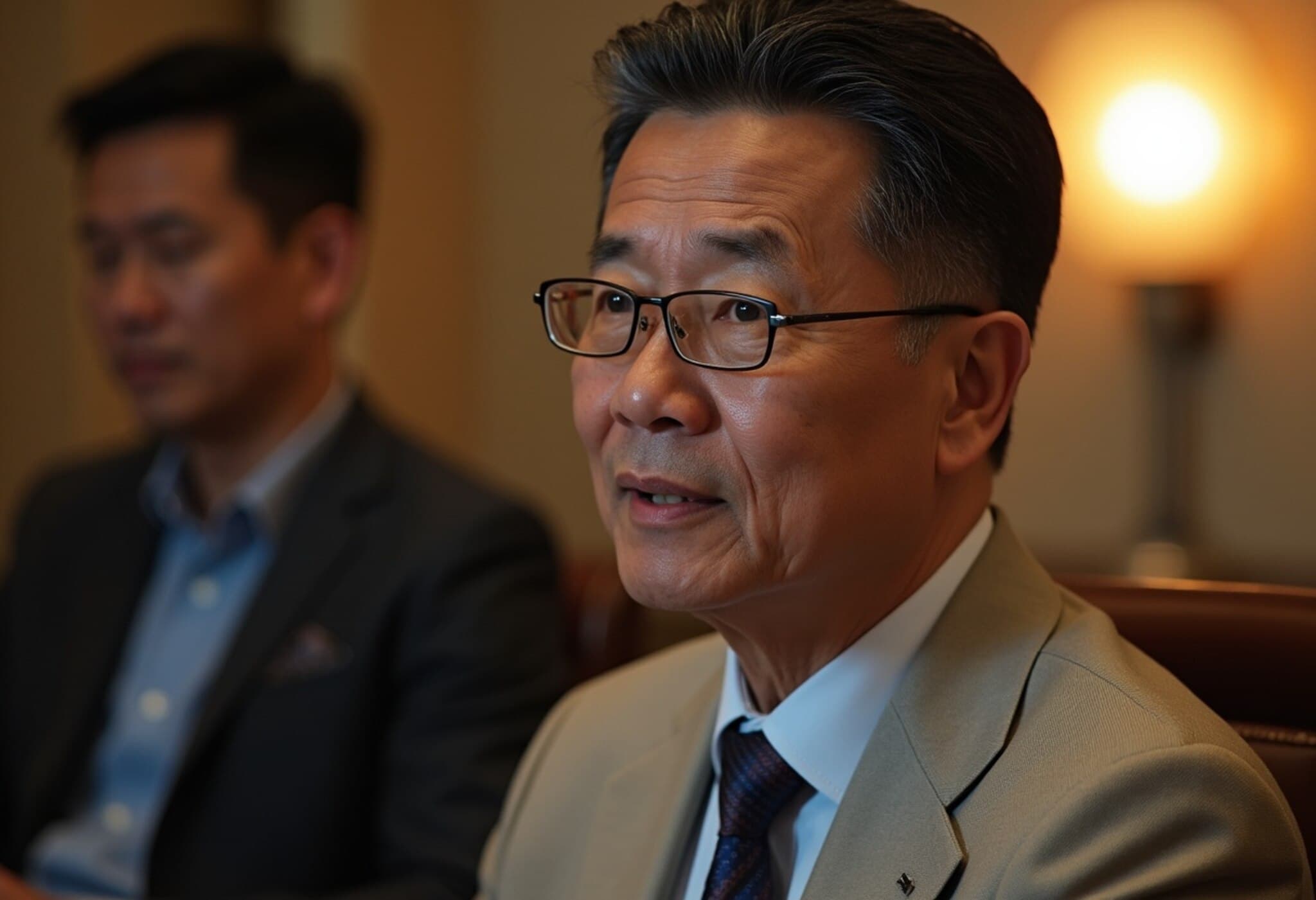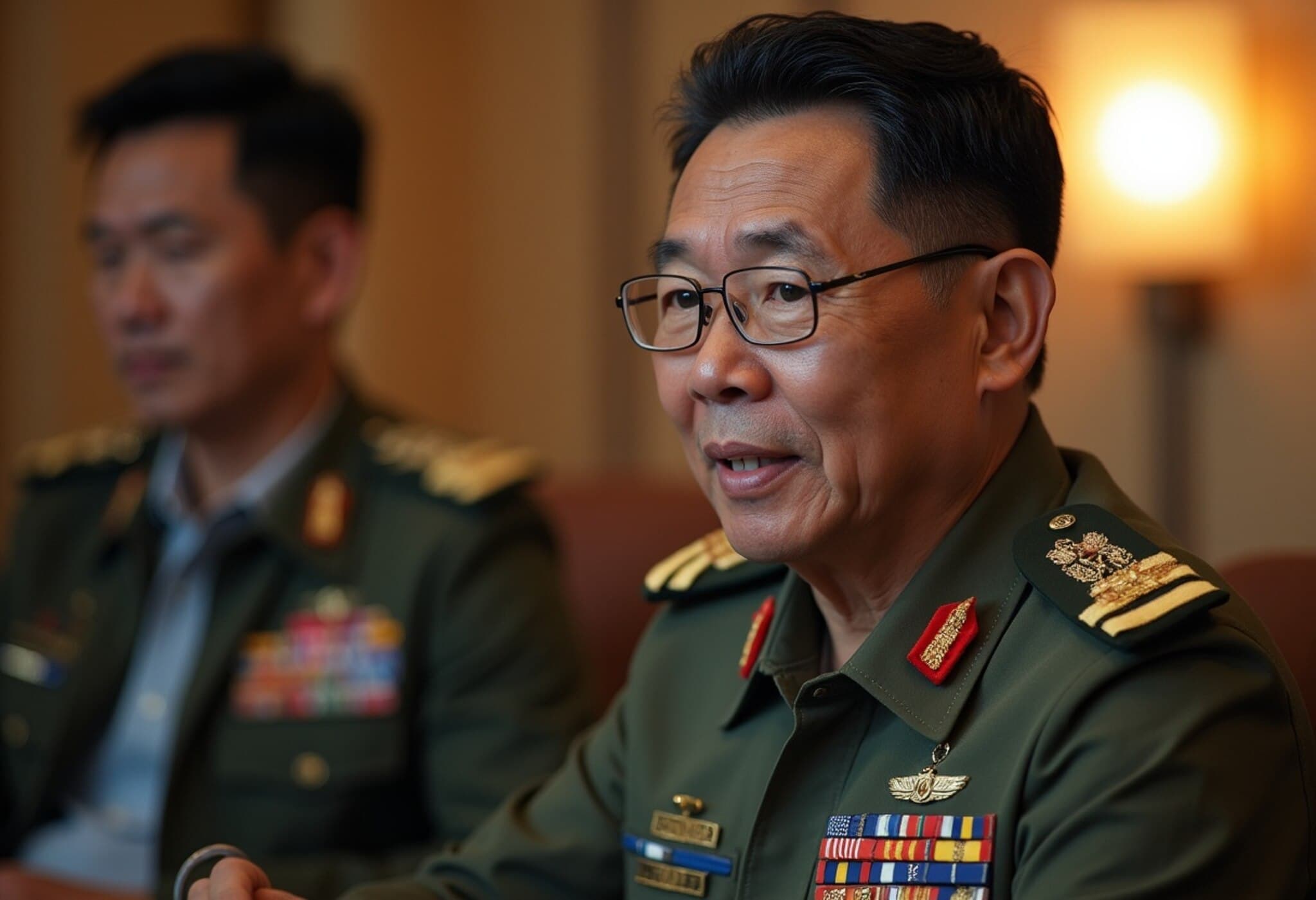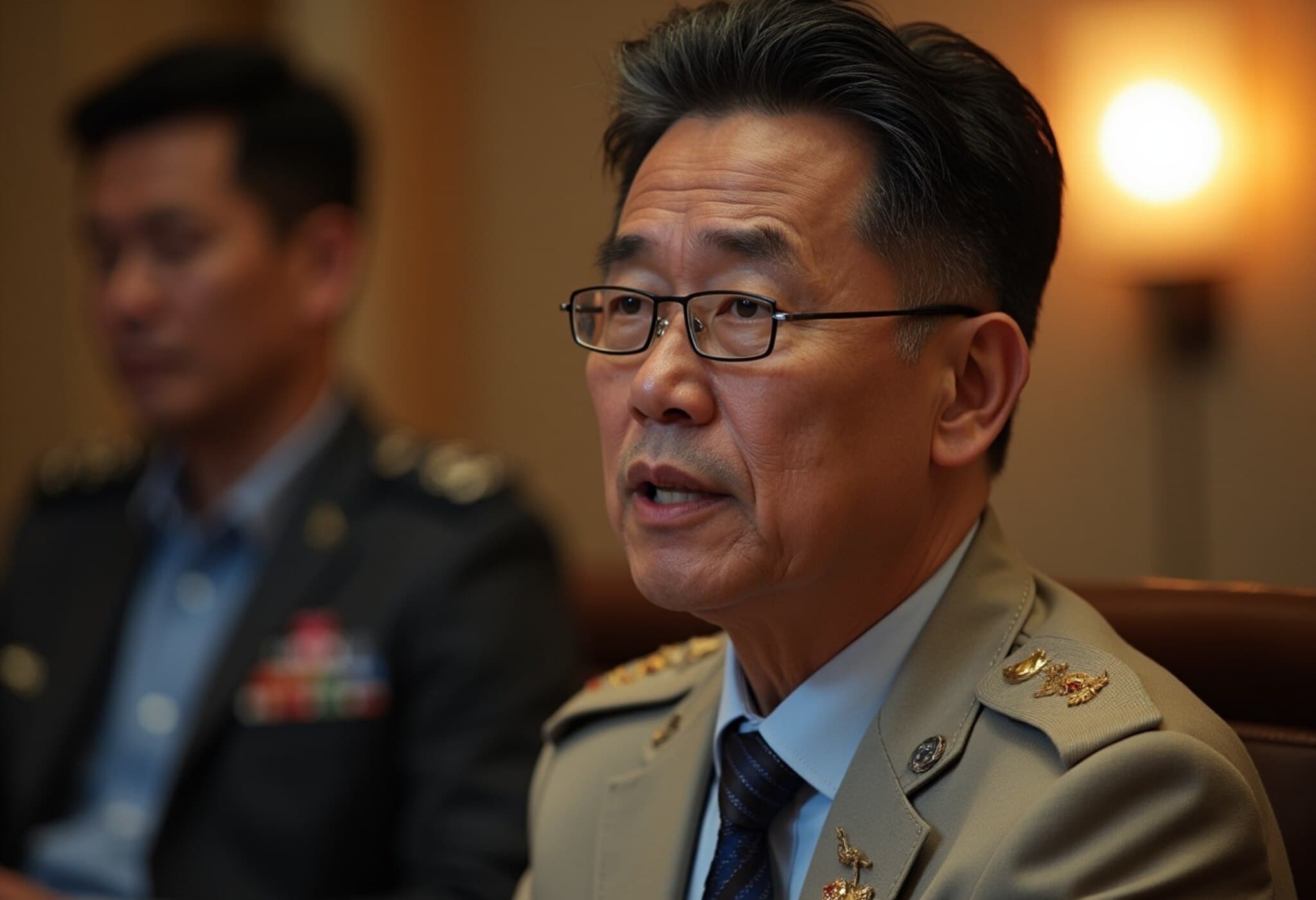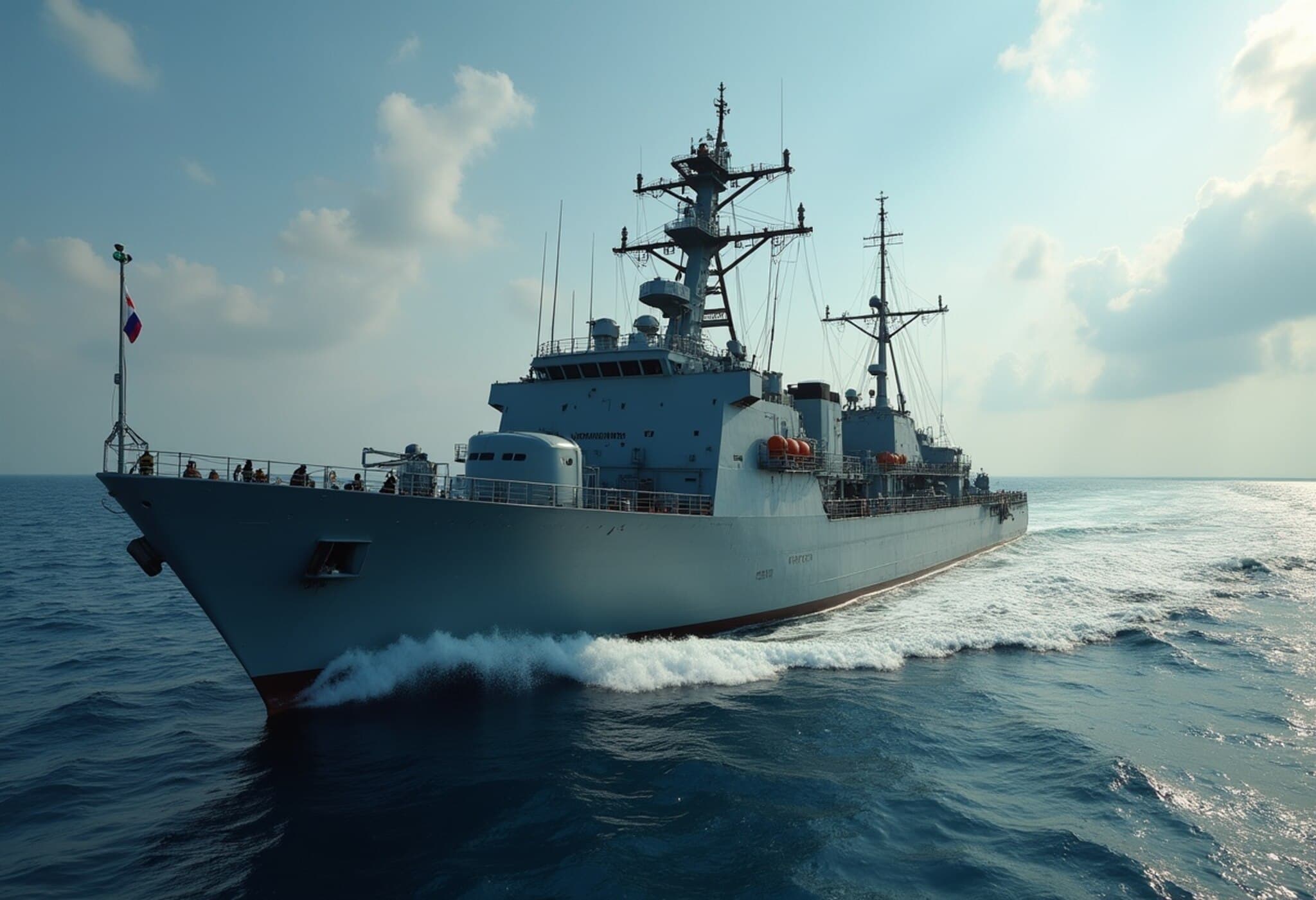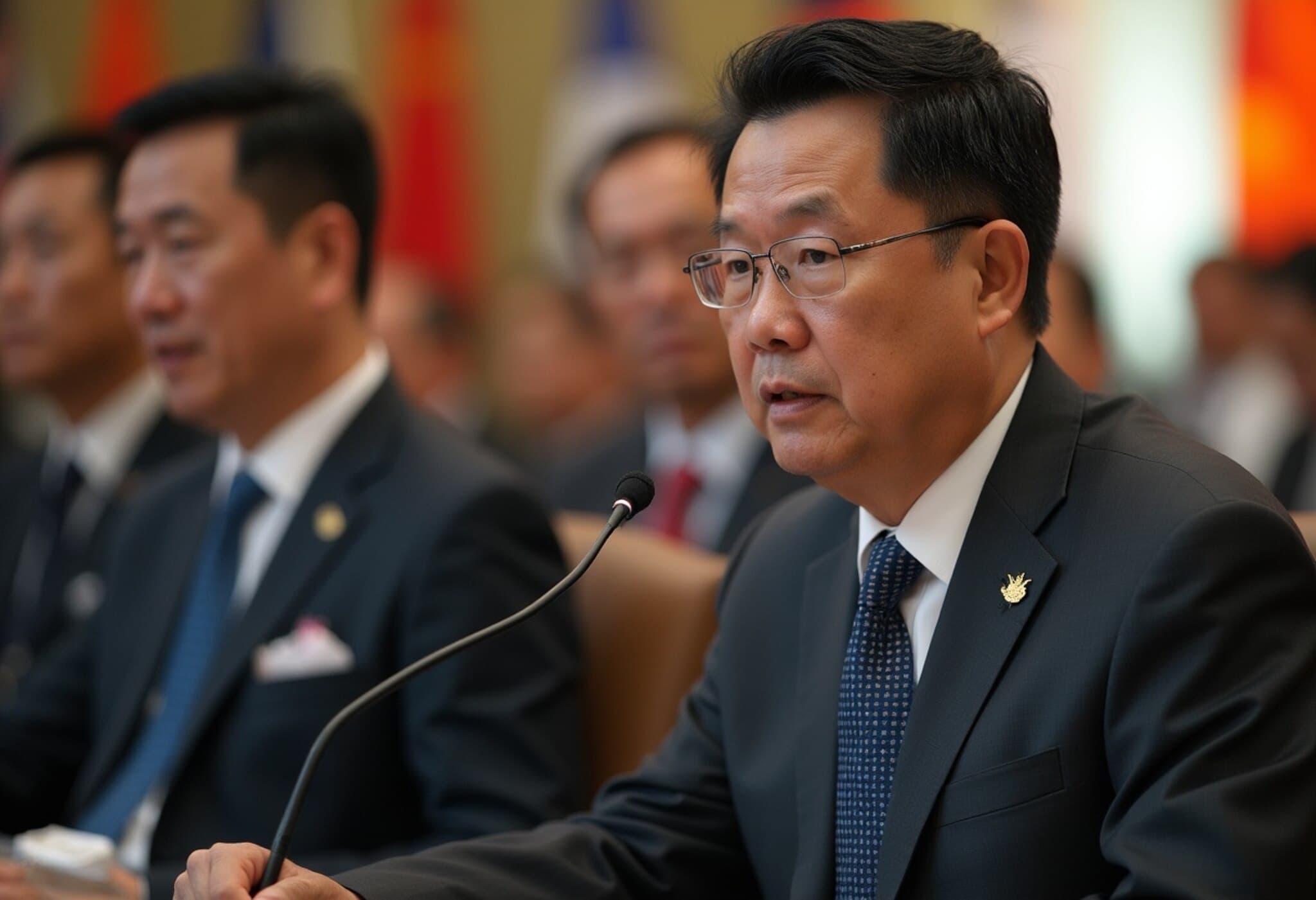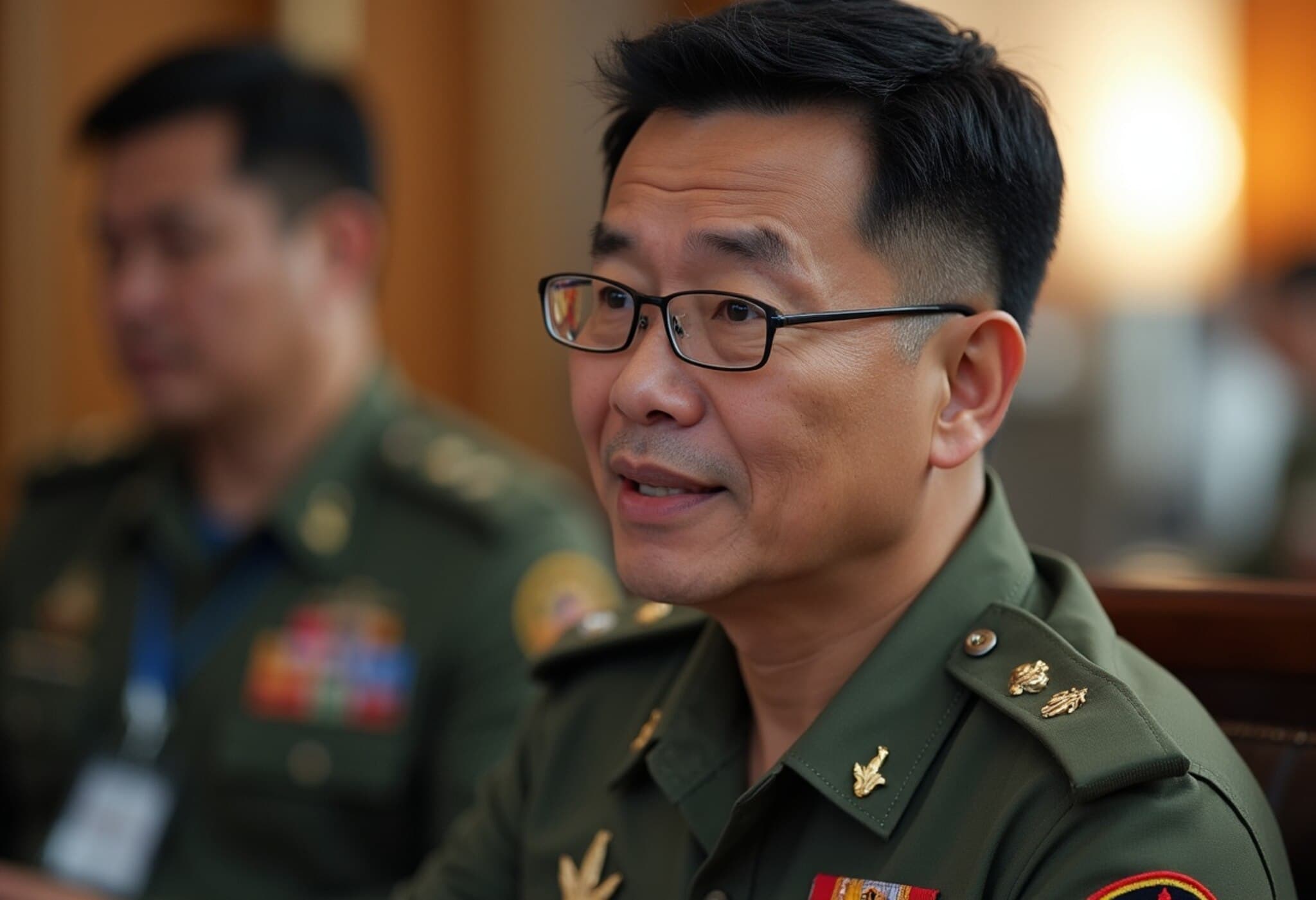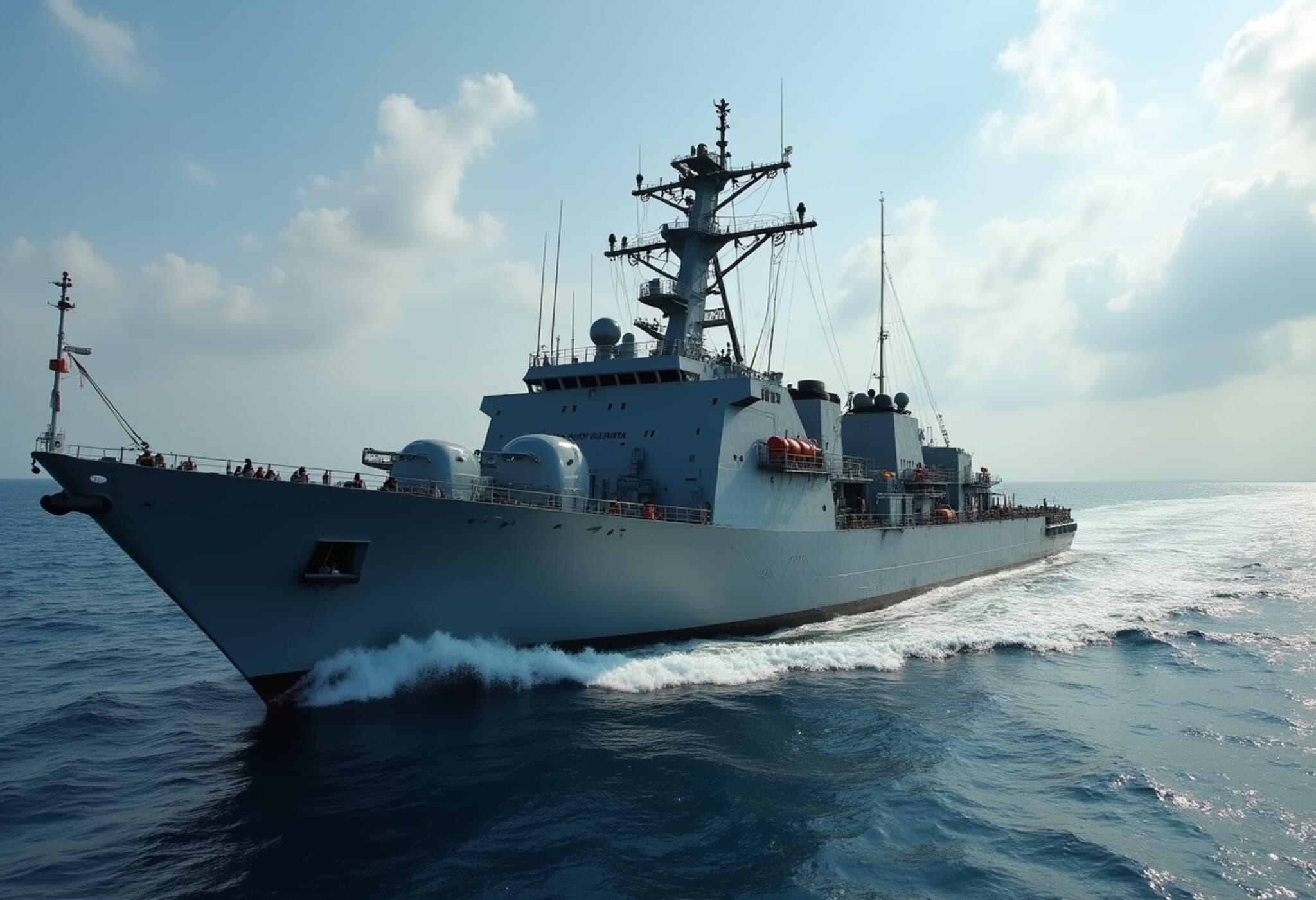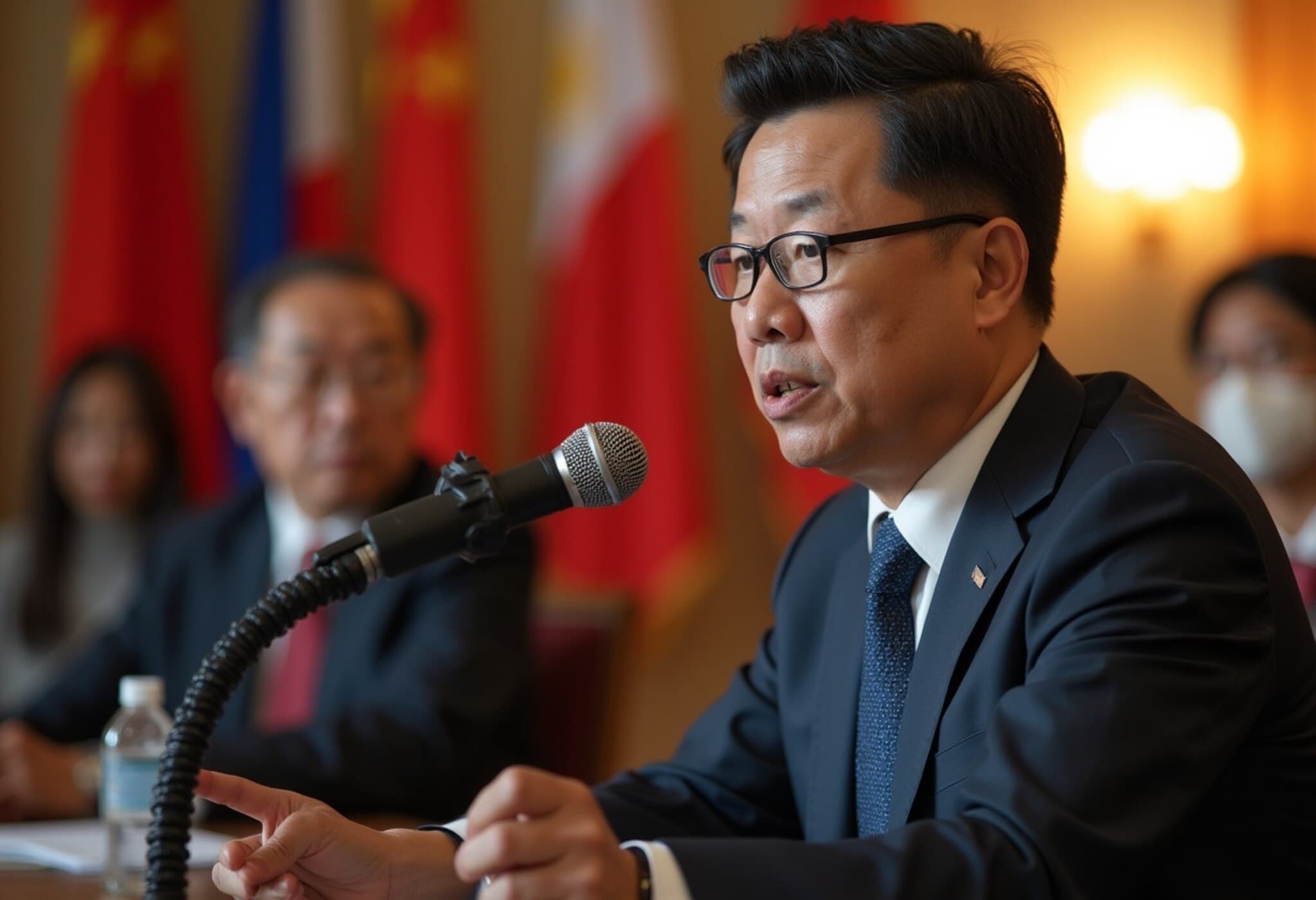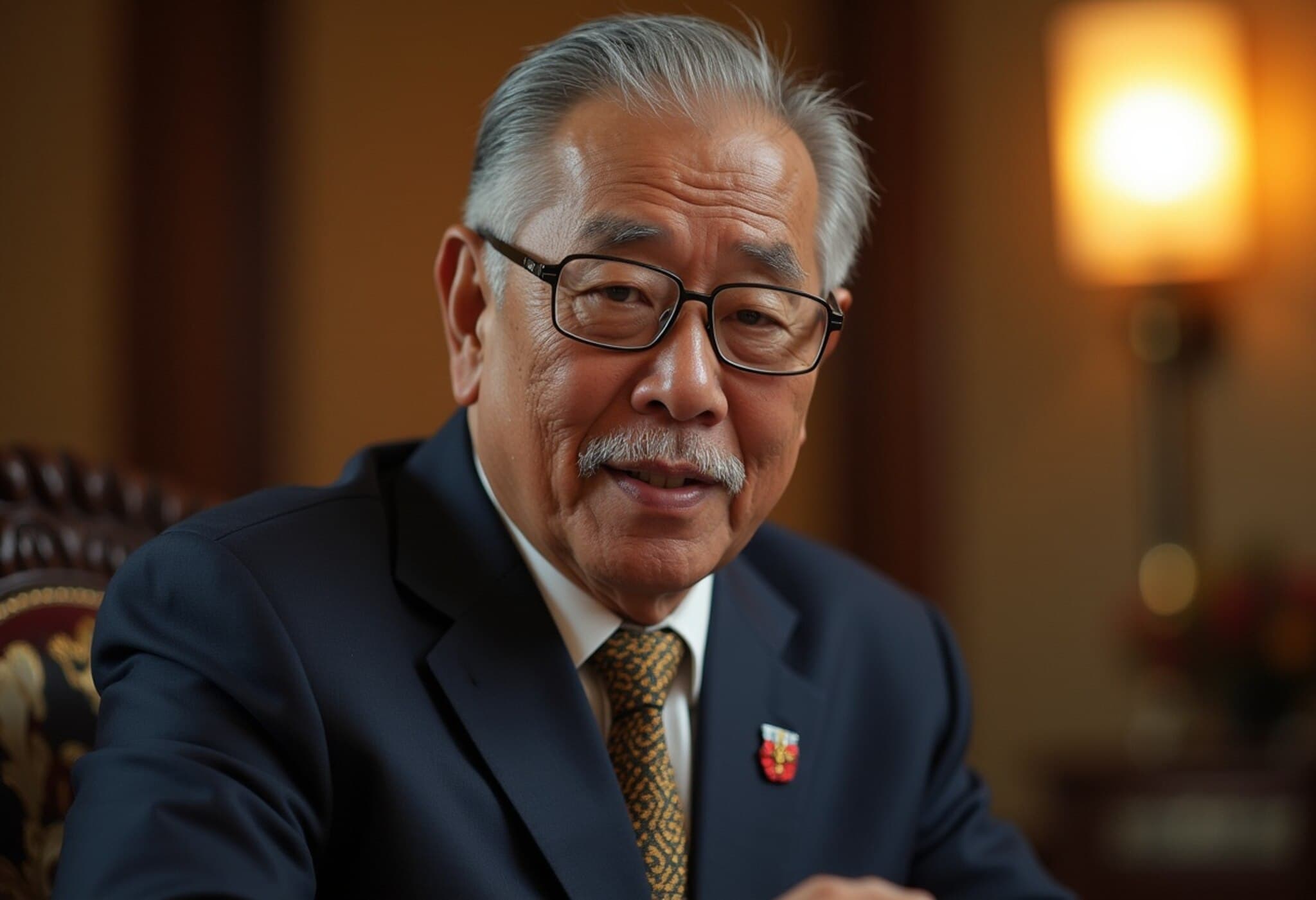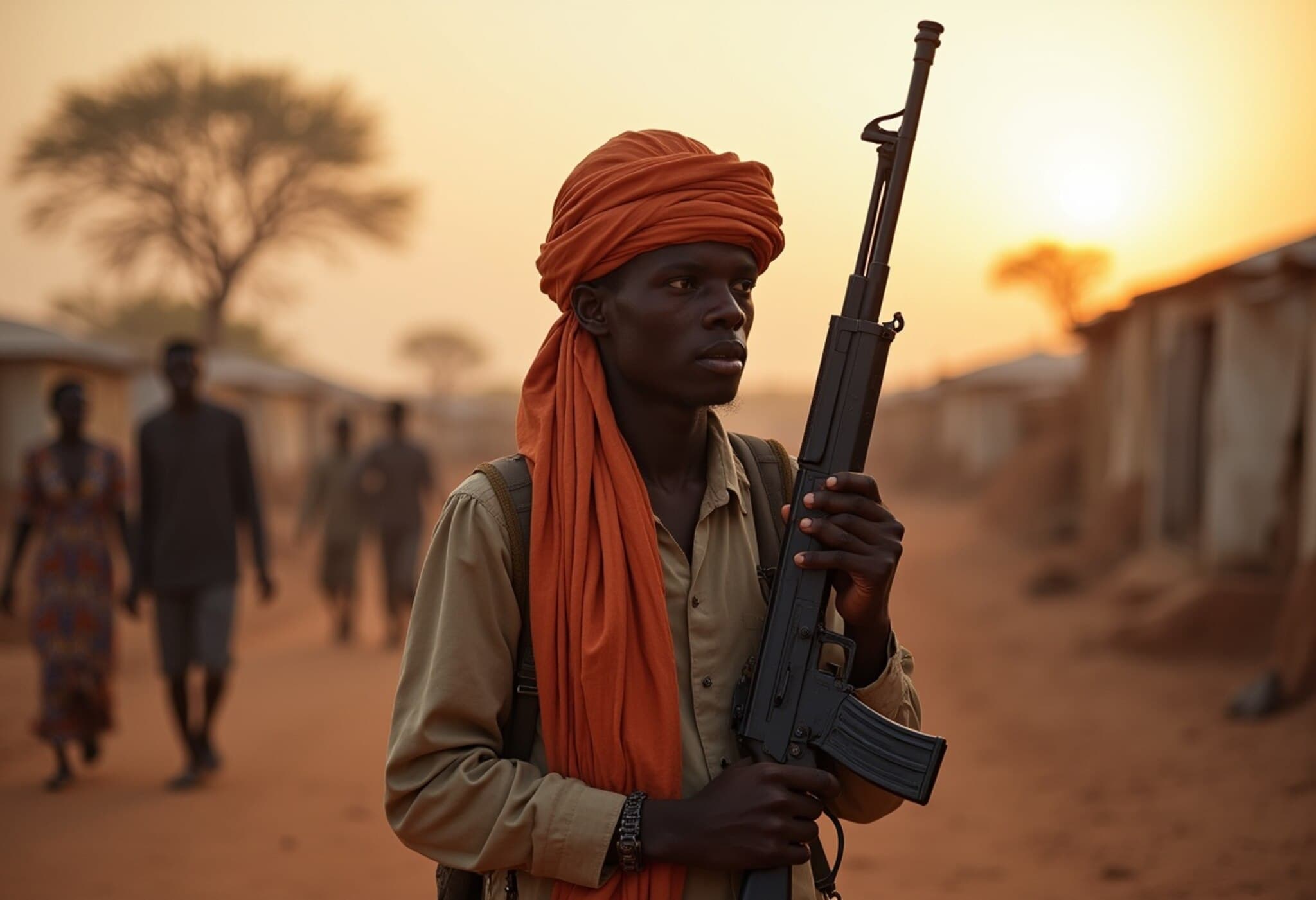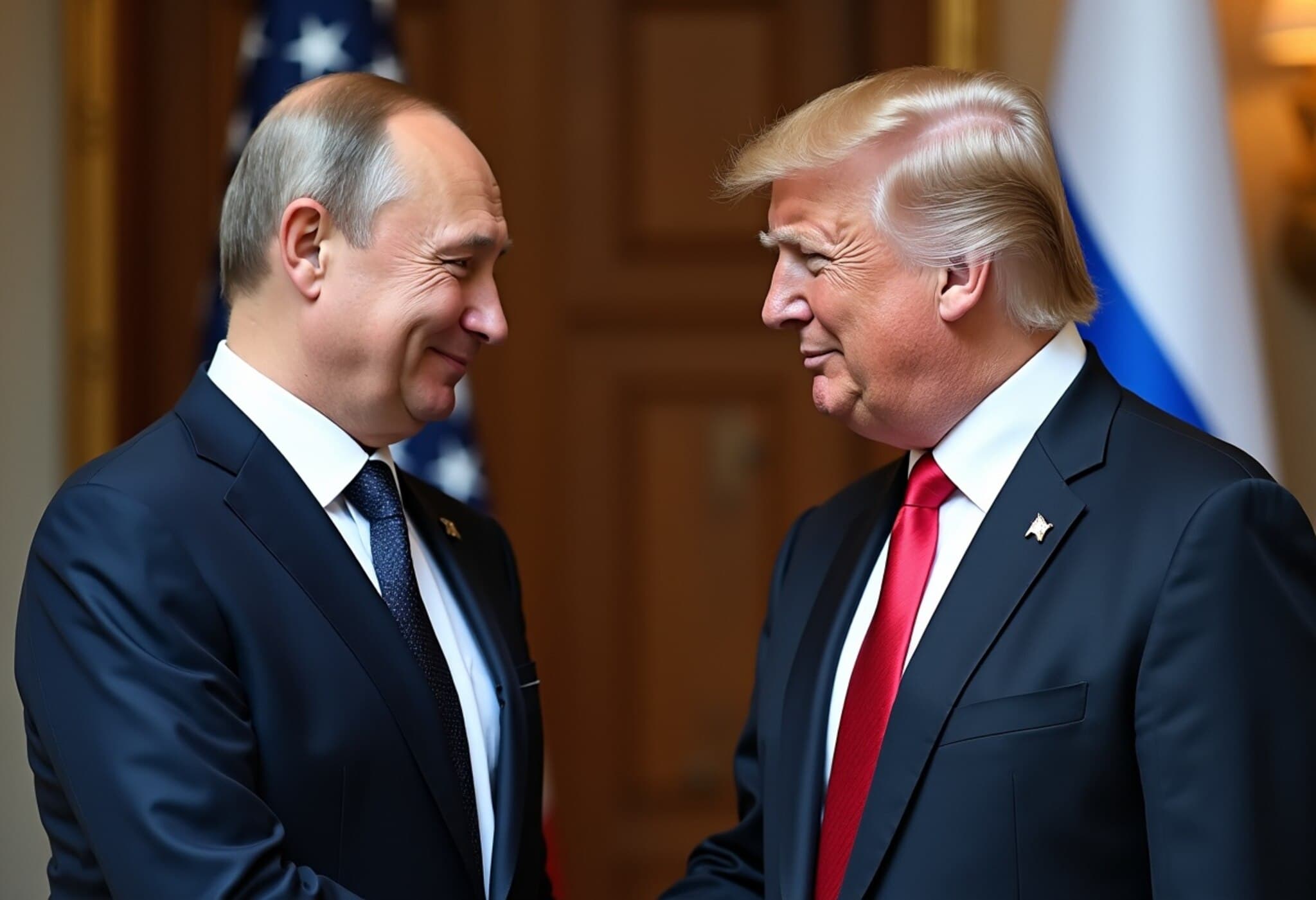China Condemns Marcos Jr.'s Taiwan Comments Amid Rising Regional Tensions
In a rare and pointed diplomatic exchange, China has criticized Philippine President Ferdinand ‘Bongbong’ Marcos Jr. following his recent remarks on Taiwan during an interview with Firstpost. The comments, which emphasized the Philippines’ unavoidable involvement in any Taiwan conflict, struck a nerve with Beijing, prompting swift condemnation.
Marcos Jr.'s Unambiguous Stance on Taiwan Conflict
During the exclusive interview with Firstpost Managing Editor Palki Sharma, President Marcos stated, “If there is an all-out war (between China and the U.S. over Taiwan), the Philippines cannot stay out of it.” Elaborating on this stance, he highlighted the large number of Filipinos residing in Taiwan, expressing the humanitarian imperative to act to ensure their safety. Marcos also underscored the importance of strategic partnerships within the Indo-Pacific region, mentioning India as a key ally in maintaining regional security.
Maritime Concerns and Regional Security
Marcos’ remarks come amidst escalating maritime tensions, particularly concerning China's assertiveness in the South China Sea — a region critical to global trade and regional diplomacy. The Philippines, a claimant in South China Sea disputes, has been carefully navigating its foreign policy between its longstanding alliance with the United States and its Asian neighbors, including China and India. Marcos Jr.’s comments suggest a recalibration emphasizing both the protection of Filipino expatriates and a shared security approach with like-minded nations.
China’s Strong Rebuff and Diplomatic Warning
Hours after the interview was published, the Chinese government issued a stern statement, reiterating the “Taiwan question” as an “internal matter” and warning against any foreign interference. The Chinese news outlet, Global Times, further implied that Marcos and others expressing similar views should interpret Beijing’s position plainly — no ambiguity tolerated.
“The Taiwan question is purely an internal affair at the core of China’s core interests and allows no external interference,”
This reaction highlights the growing geopolitical friction in the Indo-Pacific, where China’s rise and assertiveness meet strategic concerns from regional actors apprehensive about sovereignty, security guarantees, and foreign military presence.
Balancing Act: Philippines Between Major Powers
President Marcos Jr. is currently on a diplomatic visit in India to further strengthen bilateral relations. The Philippines’ delicate position amid U.S.-China rivalry in the Indo-Pacific reflects broader concerns among Southeast Asian nations striving to maintain sovereignty and security without entanglement in superpower confrontations.
Expert Insight: From a policy perspective, Marcos Jr.’s candid remarks can be seen as an acknowledgment of the Philippines' vulnerability and necessity to prepare for geopolitical contingencies. The humanitarian aspect concerning Filipino workers abroad adds a critical human dimension often overlooked in strategic analyses. Moreover, his push for enhanced cooperation with India signals Manila’s intent to diversify its partnerships beyond traditional alliances.
What Lies Ahead for Regional Security?
- Will the Philippines solidify its position within emerging Asia-Pacific coalitions to counterbalance China?
- How might China’s diplomatic rebukes influence Manila’s foreign policy decisions going forward?
- What role will India play in bolstering regional security frameworks that support smaller nations like the Philippines?
These questions underline the complex web of diplomacy, security, and national interest that defines the Indo-Pacific's current geopolitical landscape.
Editor’s Note
The recent exchange between China and the Philippines over Taiwan encapsulates the fragility and high stakes of regional diplomacy in Asia. President Marcos Jr.’s transparency illuminates the real pressures faced by smaller nations caught between superpowers. His emphasis on protecting Filipino nationals abroad reintroduces a human element to strategic discourse often dominated by state actors. As tensions simmer around Taiwan, the international community must watch closely how such nuanced positions influence the trajectory toward either conflict or cooperation.

